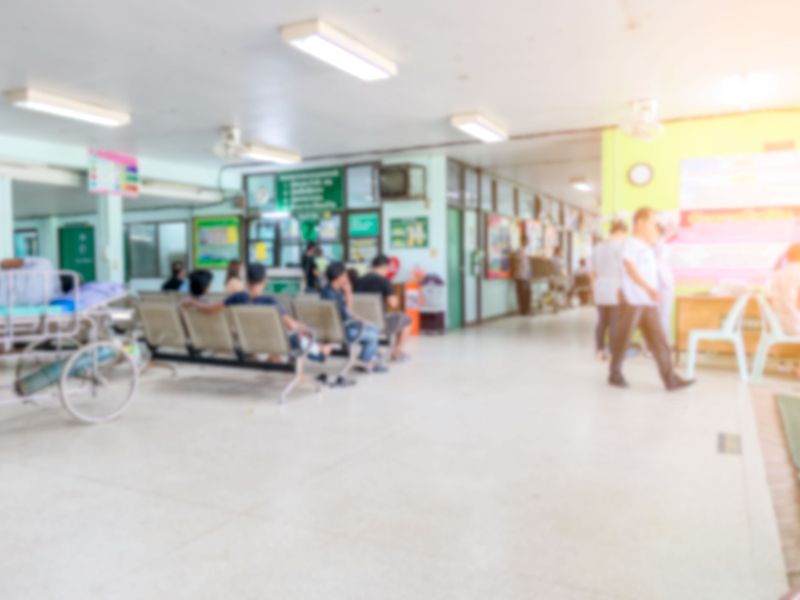
More often than we would care to admit, in our modern day society, we put off on health care.
Consider people who disregard their own health care so they can obtain protection for their children. You can say the same for the working professional who refuses to cancel a meeting to squeeze in a doctor’s appointment. Then there are those who are scared of what they could hear so they stay away from the doctor’s office preferring to remain ignorant.
But what would you do if you needed more than just this year’s preventive flu vaccine or something to ward off a sinus infection? What would you do if you woke up one morning with sudden and total loss of hearing in one or both ears?
There’s a good chance your hearing will not ever come back if you just try to wait it out. Hearing experts warn that abrupt, temporary hearing loss could progress to permanent hearing loss without immediate treatment, specifically if the damage is at the nerve level.
Sudden Hearing Loss, What is it?
According to the National Institute on Deafness and Other Communication Disorders (NIDCD), only about half the individuals who experience sudden hearing loss–the rapid loss of 30 decibels or more of hearing ability–will regain some or all of their hearing naturally.
Many people would be shocked to know how often sudden hearing loss happens. As a matter of fact, studies estimate that there are between one and six people for every 5,000 each year who experience sudden hearing loss. With that being said, the NIDCD warns that the quantity of undiagnosed cases would cause that figure to swell if you were to include them. That means that about 400,000 (or more) Americans may experience sudden hearing loss every year.
Sudden hearing loss can actually happen over a few hours or days so the term is somewhat of a misnomer.
What is The Cause of Sudden Hearing Loss?
Doctors are frequently not able to figure out the cause because it happens over hours or even days. The unfortunate reality is that only about 10 percent of individuals diagnosed with sudden loss of hearing have a cause that can be identified. exposure to certain drugs, blood pressure problems, neurological disorders, infections, disorders of the inner ear and head trauma are some of the most common causes that hearing specialist can pinpoint.
As mentioned, receiving treatment as soon as possible after the start of sudden hearing loss gives you the best chance to recover at least some of your normal function.
How do You Deal With Sudden Hearing Loss?
In the majority of cases, specifically those where the cause is not known, the normal course of treatment consists of corticosteroids. Decreasing the swelling and reducing inflammation is the goal as with all steroid usage.
As medicine has become more modern and more researchers have conducted additional studies on sudden hearing loss, the preferred method of treatment has evolved. Classically, doctors prescribed these steroids in pill form, but for people who were leery of the side effects of medication or were not able to use oral steroids, this presented a challenge.
A 2011 clinical trial established by the NIDCD revealed that an injection of steroids into the eardrum proved to be just as effective as oral steroids, even side-stepping the downsides of oral alternatives by permitting the medicine to go right into the ear. These injections have now become a common approach to treatment in the offices of ear, nose and throat specialists around the country.
Another reason why seeking prompt medical care is so important is that your doctor may order a panel of tests that could diagnose the root problem behind your sudden loss of hearing or another dangerous condition. These tests can even examine whether you can keep your balance as well as performing blood-work and several imaging techniques.
We May be Getting Close to New Treatment For Sudden Hearing Loss
Researchers continue to work on the problem but truthfully, there’s a lack of concrete information about the cause of sudden hearing loss. New developments with infusing drugs into small microspheres would provide a new technique of administering the steroids in what could be a safer way.
Researchers have shown that even though they may not have all the answers about sudden hearing loss, your chances of getting your hearing back is improved by seeking early treatment. Contact a hearing professional if you have hearing loss of any type.
